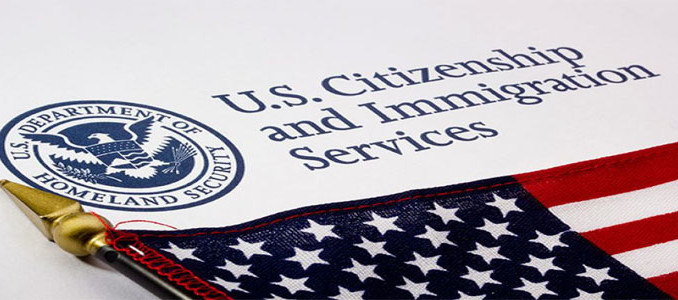The issue of visas, immigration and business are all center stage at the moment in the US, but one seldom mentioned effect of H1B visa reform is the impact on startup companies. The US business environment favors entrepreneurs who have the skills and initiative to begin new enterprises, and this includes foreign nationals working in the US.
However, as the measures start to pile up limiting the availability of H1B visas, one very real effect may be on the ability of foreign-born workers to begin their own companies. If one looks at the statistics, it becomes apparent that foreign entrepreneurs make a significant contribution to the US economy.
The Real Impact of Foreign Born Workers in the US
According to the National Foundation for American Policy:
- More than half of the startup companies in the US valued at $1 billion or more, were founded by foreign nationals.
- In those same companies, 70% have foreign-born employees filling key management and product development positions. (Working with H1B visas or Green Card status).
- The country with the most foreign founders of $1 billion plus companies is India with 14, nearly twice as many as second and third place Canada and the UK with 8 each.
- Another study by UC Davis found that H1B visa workers added as much as 20% of the annual growth in the US economy for the 20-year period 1990 to 2010, amounting to an additional $500 billion to the economy.
The H1B Visa Program: A Pathway to Bring Skills and Talent to the US
Looking at these statistics, it becomes apparent that foreign nationals that come to work in the US have a profound impact on productivity and innovation. This is particularly true in the high-tech arena, where many countries such as India focus their educational programs on technology professions.
Any significant restrictions or reforms to the H1B visa program is bound to diminish the flow of foreign talent to the US, including those who have the ability to start new ventures. The Obama administration had begun a ‘startup visa’ program, which Trump already suspended pending changes to the non-immigrant visa categories.
Other developments include the pending executive order by Trump that deals with H1Bs, as well as statements by his top advisor Steve Bannon who stated that Silicon Valley has ‘too many Asian CEOs.’ When viewed against the backdrop of the recent immigration ban, it appears that visa policies are trending toward the ‘isolationist’ end of the spectrum, rather than striving for a thoughtful and inclusive approach that actually supports US business interests.
US Startup Advocacy Groups Argue Against H1B Visa Executive Order
Over 100 technology startups have appealed to Trump via two advocacy groups to avoid placing restrictions on H1B visas. Citing the potential for ‘irreversible harm’ on startup companies in the US, they stated in a letter to Trump:
“While we recognize the importance of promoting national security and protecting the interests of American workers, we strongly believe the existing and proposed executive orders will not accomplish these goals and in fact, could undermine our ability to found and grow new companies that create jobs here in the US…”
It remains to be seen whether these pleas will be heard by the new administration, but given that they have their hands full with legal challenges to the immigration ban, they may delay additional immigration issues for some time. In any case, it is obvious that the H1B visa program (despite well documented misuse) has a valued place in the US business world, and should be preserved in some form to support startups by foreign wor
- February 20th, 2017
- 1

H1B visa is on the way out.
If 70% of employees of these startups are Indians on H1B or similar visa then question is how does it help Americans find hitech employment
If these startups by Indians&Chinese were so good at helping US economy grow then how come US GDP is growing at anemic 2% whereas India GDP and China GDP are growing greater than 6%.
Given the above, the claim of Advocacy groups that these startups manned by Foreign workers are helping US economy does not add up!
Given that US economic growth is stagnant for past 2 decades, it makes sense to stop foreign worker programs for a period of time let us say 20 to 25 years to see how it affects US economy!